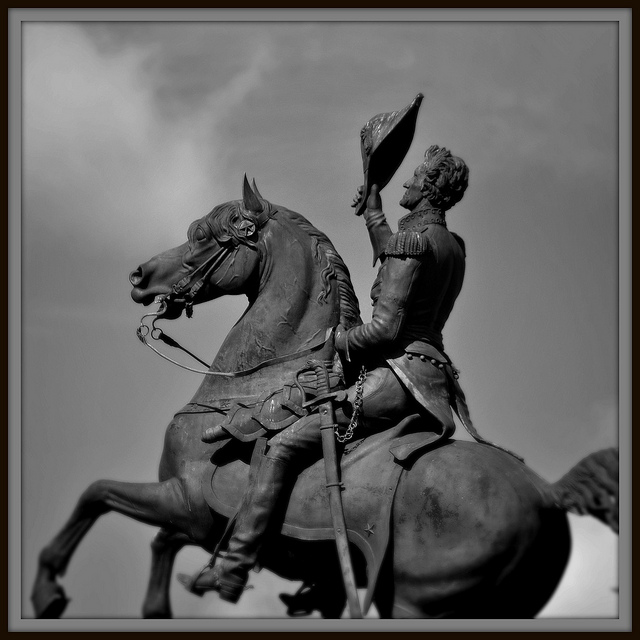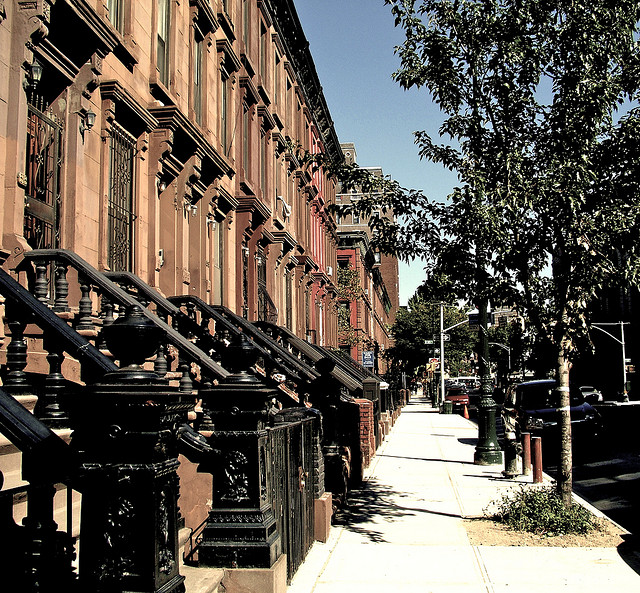Worshiping or Hanging Out
I was doing a little research recently about various religious groups. To be totally honest, it was not an in-depth or scholarly process, but I did learn a few things that were of interest to me. Maybe one of those things will be of interest to you.
When I was looking at some information about one particular religious group, I learned that one of the expectations for their members is that they are not to cross their legs during a worship service. That practice is seen as a sign of disrespect.
As I continued to read about this, I learned that, like many things in today’s world, that rule is not enforced as stringently as it once was. I also learned one rationale for the rule. One person who supports the rule was quoted as saying, “We’re here to worship, not to hang out.”
That comment made me think of some of the messages that some of us may send as we assemble for worship. We may never verbalize any of these things, but our body language may be sending a very clear message. Some of what I am about to type is based on what I’ve seen while I was attempting to preach the gospel. Some of it is based on what I see as my fellow elders and I stand in the front of our auditorium during the invitation song.
Some of the negative messages that can be seen include:
- “This would be a good time to get a nap.”
- “I can get caught up now with my email, social media, etc.”
- “Nobody will notice if I play the game I love to play (or to which I may be addicted).”
- “I don’t care if it might be distracting and disrespectful, but this is a good time to have a conversation with the person sitting next to me – or maybe even two or three people away from me or in the next row.”
- “I cannot imagine being more bored than I am right now.”
- “Doesn’t he realize that there is not much difference between a long sermon and a hostage situation?”
- “Maybe it won’t seem quite as long if I make a trip or two to get a drink of water, go to the restroom, or whatever.
- “When are we going to get out of here?”
Thankfully, these “messages” and many more that I can’t think of at this time are not all that can be observed. There are those whose “body language” says something like:
“I am eternally grateful to live in a nation that allows me to worship without any interference, to address the Creator of the universe as my Father as we pray together, sing praises to Him, be fed from His Word, remember the greatest sacrifice ever made, and assist financially in the greatest work in the world.”
It is my prayer that all of us, including me, are doing more than merely “hanging out” when we assemble on the Lord’s day. All of us need to remember our identity and the purpose of the assembly.
AUTHOR: Jim Faughn



